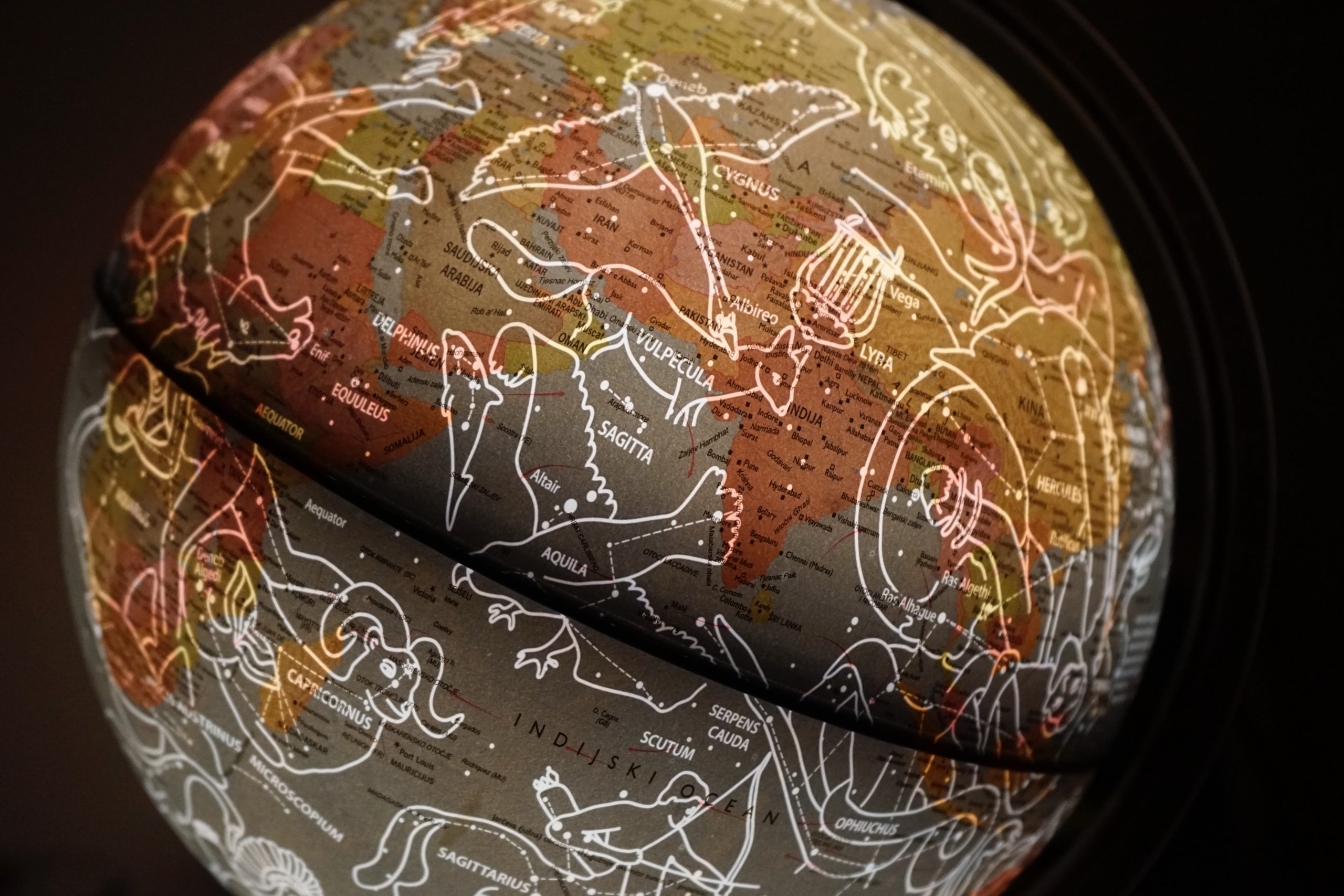Is Astrology Accurate? Examining the Reliability of Astro Charts
Astrology, the celestial study of the correlation between planetary positions and human behavior, has fascinated people for centuries. One of the most popular tools used in astrology is the astro chart (also known as birth chart or natal chart), which serves as a snapshot of the celestial bodies’ positions at the time of an individual’s birth. But the burning question remains: are astro charts accurate?
Let’s delve deeper into the subject to understand the complexities and limitations of astrological interpretations.
Understanding Astrological Basics
Astrologers believe that celestial bodies such as the sun, moon, and planets exert an influence on human lives. Astrology also takes into account the zodiac signs, which are twelve specific divisions of the ecliptic, each linked to a certain period of the year.
When creating astro charts, astrologers plot the positions of celestial bodies in relation to the zodiac signs at a particular moment, such as a person’s birth time. This detailed snapshot is then used to analyze various aspects of an individual’s life, including personality traits, relationships, career, and more.
The Subjectivity of Interpretation
One of the main criticisms of astrology revolves around the subjectivity of interpretation. Astrologers often differ in their analysis of the same astro chart, leading to varying predictions and conclusions.
For example, two astrologers examining the same person’s astro chart may provide different readings and forecasts. This subjectivity arises from each astrologer’s unique understanding, experience, and personal beliefs. Consequently, this lack of standardization can lead to inconsistent and sometimes contradictory interpretations.
Furthermore, the open-ended nature of astrological predictions allows individuals to interpret them based on their personal biases and desires. This can result in confirmation bias, where people tend to focus on aspects that validate their preconceived notions, while overlooking contradictory information.
Scientific Criticism
Critics assert that astrology lacks scientific evidence to support its claims. While many people perceive astrology as a science, it does not meet the rigorous scientific standards. Astrology heavily relies on anecdotal evidence and lacks empirical testing to establish its accuracy.
Scientists argue that astrological predictions often fall prey to the ‘Barnum effect’ or ‘Forer effect’, where general statements are perceived as highly accurate descriptions of one’s personality or future. Skeptics argue that astrologers often make broad statements that can apply to anyone and rely on the individual to decipher their personal meaning within those statements.
Additionally, astrologers do not consistently agree on the primary influences of celestial bodies or the exact mechanisms of their impact. This lack of consensus further diminishes the scientific viability of astrological claims.
Statistical Analysis
Several scientific studies have attempted to measure the accuracy of astrological predictions through statistical means. One such study conducted by French psychologist Michel Gauquelin in the 20th century aimed to verify the correlation between planetary positions at birth and chosen professions.
Gauquelin’s findings indicated a weak correlation between planetary positions and professional success, such as athletes and scientists being born more frequently during specific planetary alignments. However, the statistical significance of these correlations was contested by other scientists, emphasizing the need for more rigorous research.
It is important to note that statistical correlations do not necessarily imply causation. While intriguing, these correlations could stem from other factors or were mere coincidences.
Psychological Aspects and Self-Fulfilling Prophecies
One intriguing perspective on astrology’s accuracy relates to its psychological impact on individuals. Astrology taps into a deep human desire for self-discovery and understanding, providing a framework to make meaning out of life events. This psychological effect can create a self-fulfilling prophecy, where individuals unconsciously align their actions and behaviors with the astrological predictions.
For instance, if someone reads a horoscope that predicts a financially challenging month, they may become cautious with their spending and inadvertently create the financial difficulties they anticipated. This reinforces their trust in the accuracy of astrology, even if the prediction itself was general and could apply to many others as well.
Final Verdict: The Limits of Astrological Accuracy
After examining the evidence, it is difficult to categorically state whether astro charts are accurate or not. Astrology remains a highly subjective practice, relying on individual interpretations and lacking scientific validation.
While it is undeniable that astrology holds a deep allure and provides comfort and guidance to many individuals, it is crucial to approach astrological interpretations with a critical mindset. Understanding the limitations and subjectivity of astrological readings can help prevent individuals from placing excessive reliance on them or making life-altering decisions solely based on astrological predictions.
In the end, whether you believe in astrology or not is a personal choice. Astro charts can offer intriguing insights, but caution should be exercised in interpreting them as definitive or infallible.
Ultimately, the quest for self-discovery and understanding is an individual journey, and astrology is just one of the many tools available along the way.
Table of Contents
